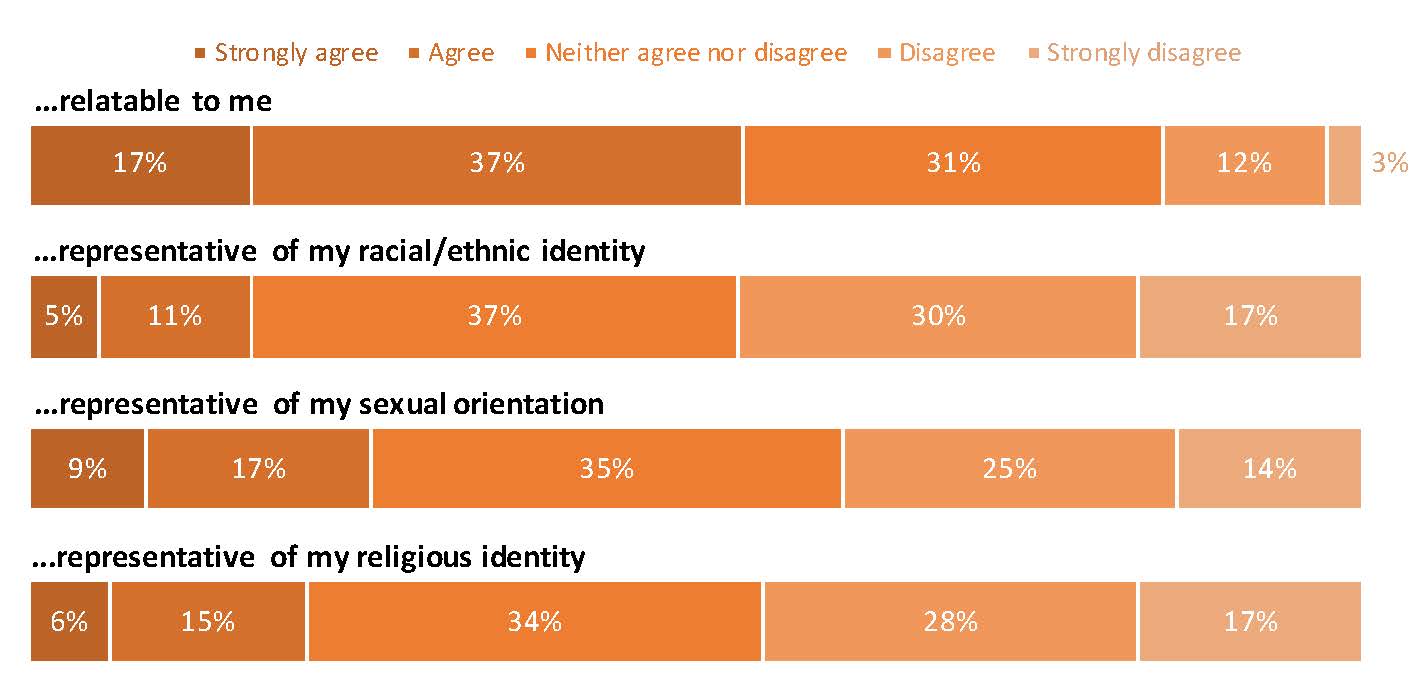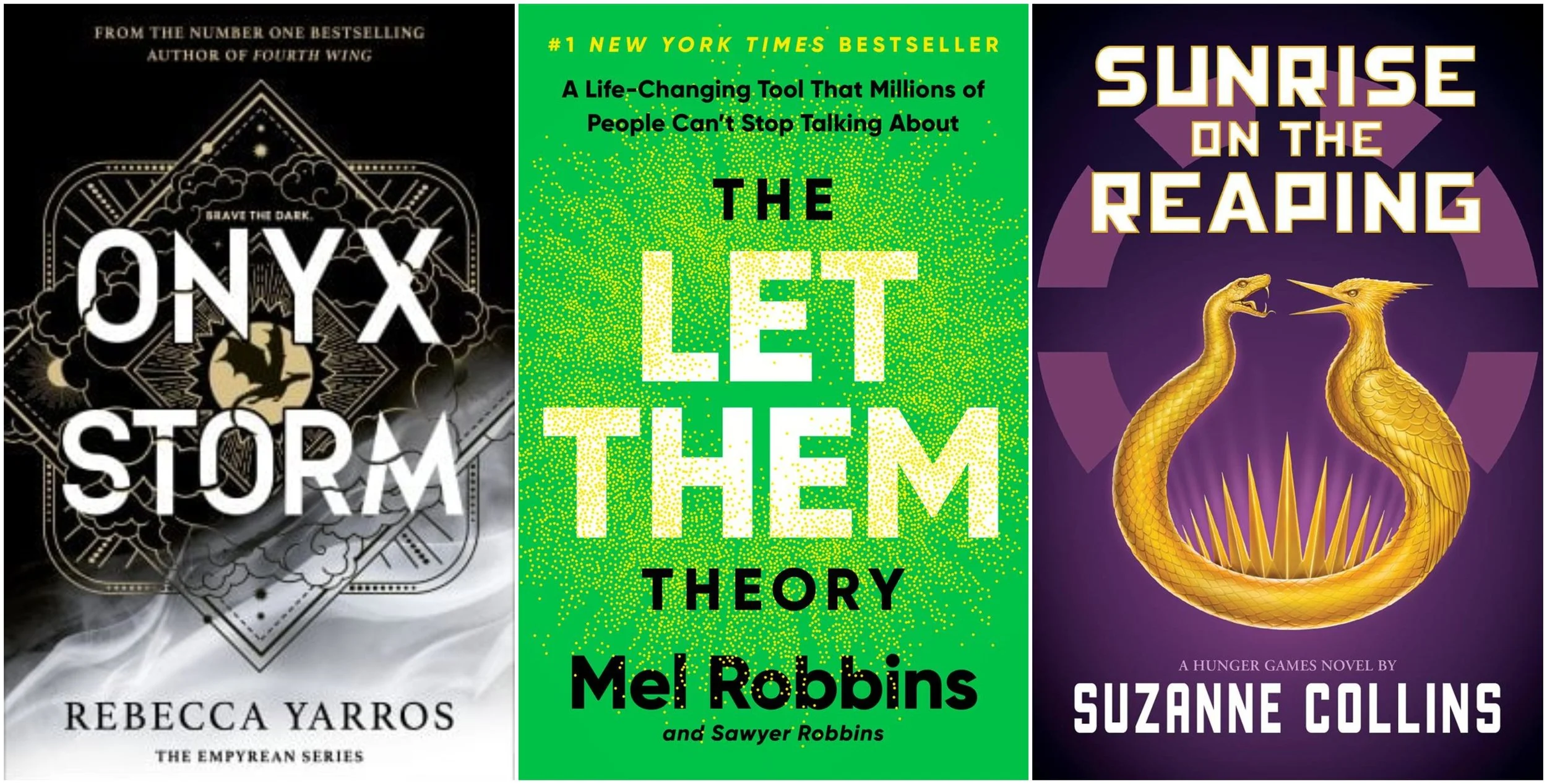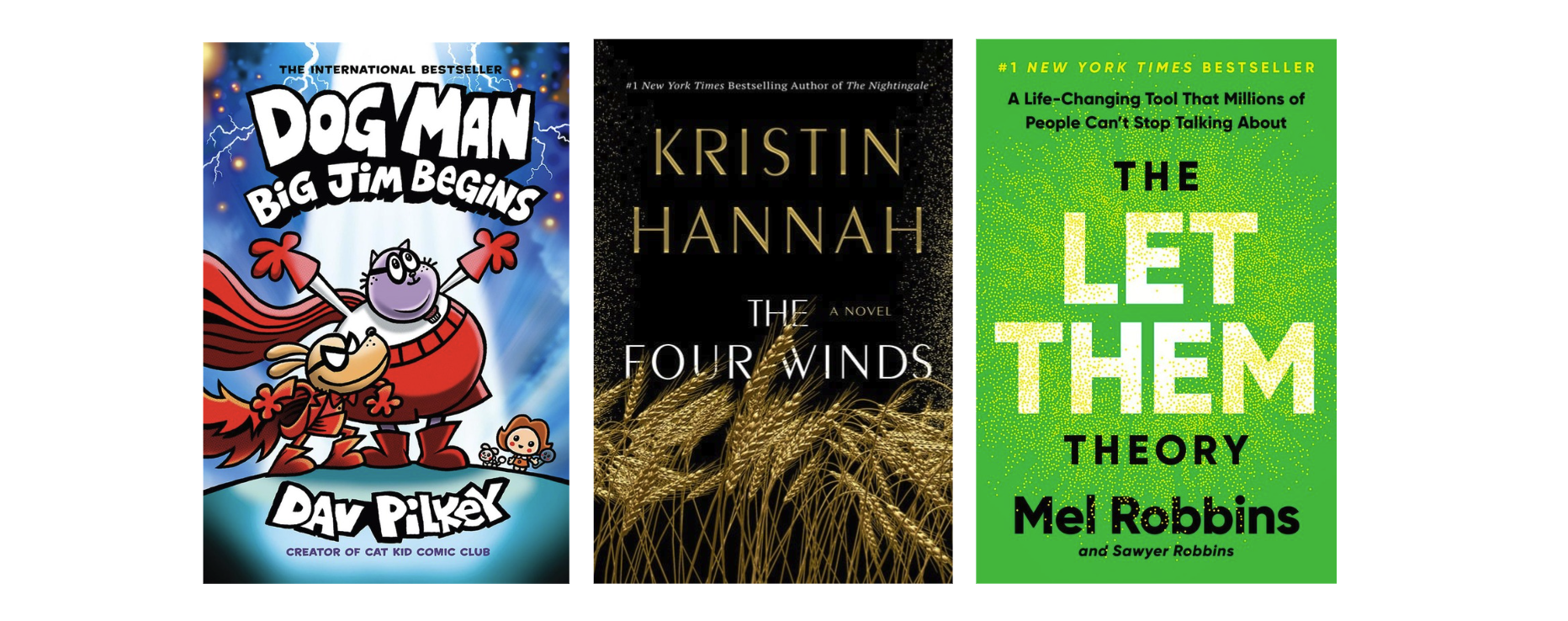For years now, we've heard about a growing demand to publish more diverse books. In response to this demand, publishers have been increasing their efforts to promote their diverse authors, libraries are circulating “best of” diverse lists, and we've seen the growth of fantastic events such as the Festival of Literary Diversity (FOLD).
So we decided to take a closer look at diversity in the Canadian book market, specifically at the point when books get into readers’ hands. In November 2018, we conducted an online survey of 500 Canadians who had read a book or listened to an audiobook in the prior 12 months and we asked them about the diversity of the books and authors they usually read or want to read. We asked if readers are interested in reading diverse books, both in terms of the authors they read and the subject matter; if they think diverse books are important or not; and, if so, are they able to find what they're looking for?
We've pulled out some highlights here, but you can read Demand for Diversity: A Survey of Canadian Readers, here or scroll down to the bottom of the post where we’ve embedded the full report.
A note on our terms: For the purposes of our study, “diverse books” have been defined as “books about or from the point of view of Black, Indigenous, and/or people of colour (BIPOC), LGBTQ+ people, people who are disabled or differently abled, religious minorities, and/or books by authors who identify as members of one or more of the listed groups.” We have also segmented the data from the panel of 500 respondents between those who self-identified as a member of one of the above listed groups (“underrepresented”) and those who did not (“well-represented”), in order to compare their viewpoints and habits.
Are readers interested in diverse books?
In a nutshell: yes — 62% of readers actively seek out books about diverse topics or experiences or by diverse authors. One-quarter of respondents are neutral and 12% either “disagree” or “strongly disagree.”
Do you seek out books about diverse topics/experiences or by diverse authors?
Question: How much do you agree or disagree with the following statements about the books that you seek out? I seek out books about diverse topics/experiences or by diverse authors.
What do readers want to be reading?
We asked book readers how much they'd like to be reading books that are representative of who they are and if they'd like to see more books that are more representative of others. Most respondents agreed that they want to read books that are relatable to them, with 54% saying they “agree” or “strongly agree.” Breaking this out for underrepresented and well-represented respondents: of the 54% of responses that were positive, 19% were from underrepresented readers while 35% were from well-represented readers. With underrepresented respondents making up just one-third of our panel, this indicates great interest from these readers for relatable books.
The books readers want to read are:
Question: How much do you agree or disagree with the following statements about the books you want to read? The books I want to read would be: relatable to me, representative of my racial/ethnic identity, representative of my sexual orientation, representative of my religious identity.
Would readers read more if books were more diverse?
We asked respondents to think about what their book consumption might look like if they were able to get access to more diverse books. We found that 31% of all readers agreed that they would read more if books were more diverse, with 16% of those responses coming from underrepresented readers who “strongly agreed.”
However, more readers feel that they (and others) would benefit from more diverse books, with 58% of all readers selecting “agree” or “strongly agree.” Only 11% of respondents disagreed that others would benefit from having more diverse books.
Question: How much do you agree or disagree with the following statements: I would read more if books were more diverse. I (and others) would benefit from more diverse books.
See all the results from Demand for Diversity: A Survey of Canadian Readers in the full report embedded below.

















Insights into romance trends and the performance of Heated Rivalry.